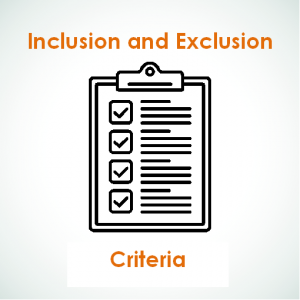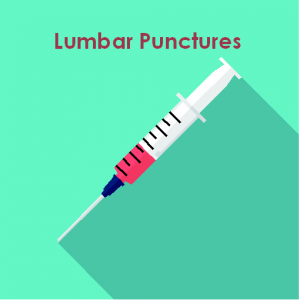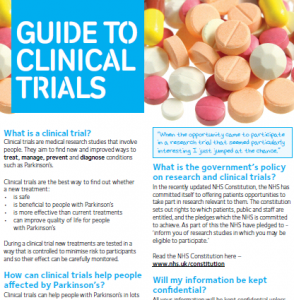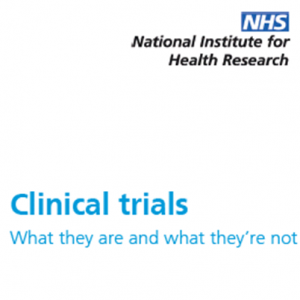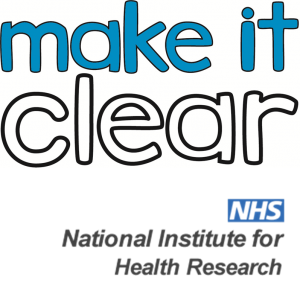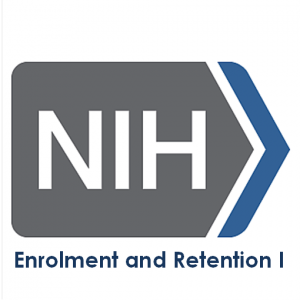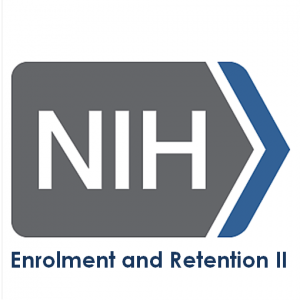For clinical trials to be successful, we need people with Parkinson’s to get involved with all stages; trial design, recruiting people to take part, aiding communication of and information about each trial.
In our annual advocacy meeting, Rallying to the Challenge of 2014, we focused on how people with Parkinson’s can strongly influence the effectiveness of clinical trials. To try to understand more about the ‘barriers’ that hinder trials from succeeding, Parkinson’s Movement developed and carried out an online survey, the results were the focus of the discussion at Rallying 2014 and led to the formation of the Parkinson’s Clinical Trials Charter.
Full details of the survey findings were published in The Journal of Parkinson’s Disease.
 The online survey identified the top three barriers to success in clinical trials in Parkinson’s among clinicians: funding (66%), administrative support (46%), recruitment of patients to trials (44%).
The online survey identified the top three barriers to success in clinical trials in Parkinson’s among clinicians: funding (66%), administrative support (46%), recruitment of patients to trials (44%).
For people with Parkinson’s, the top reasons were: potential adverse/side effects (58%), disruption of existing medication (53%), risk of placebo (39%), general upheavel (38%), lack of info on progress & results of trial (34%).
Many of these are communication issues and thus constituted actionable barriers. These were discussed in focus groups drawn from 110 patient conference participants and instigated development of a clinical trials charter for use by those considering participating in, or conducting, Parkinson’s clinical research. The charter has been developed internationally by people with Parkinson’s, in consultation with advocates, clinical trials specialists and key patient organisations. It is a simple two-sided document outlining standards of practice and reasonable expectations for participants and researchers. Accompanying resources can be found in the next two tabs.
The charter is currently being evaluated, by means of participant surveys, in a randomised clinical trial of simvastatin as a neuroprotective agent for Parkinson’s to understand its potential role in supporting recruitment and retention in trials.
We would like to thank the Hoover Foundation and Garfield Weston Foundation for their support.


